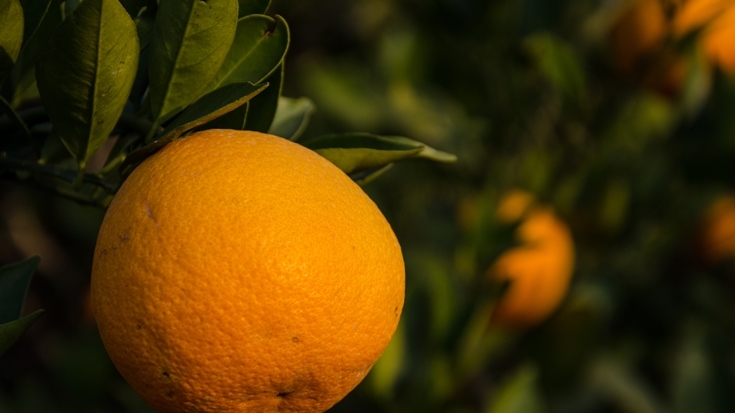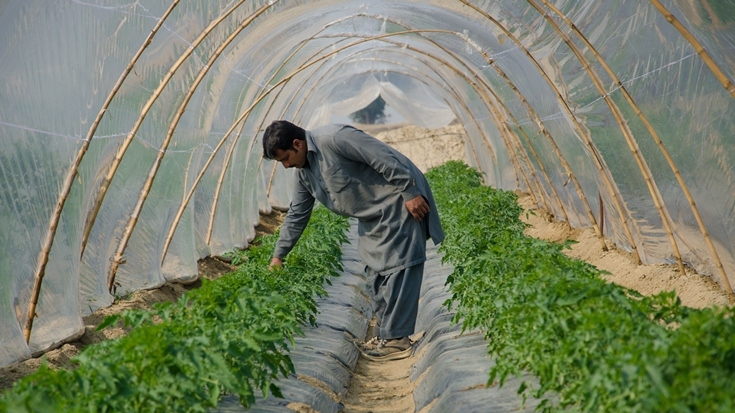Attock, Punjab, Pakistan – Attock District in Pakistan's province of Punjab is dotted with sandy plains, small plateaus and views of the Kala Chitta Mountains. Despite having immensely fertile land across the district, inhabitants still stick to centuries-old irrigation practices. The economy of the district is mainly agriculture-based with peanuts, wheat, maize, millets, grams, corn and pulses being the main crops. Peanuts are a major cash crop in Attock.
Around 90% of the water in Attock is used for agricultural purposes, although surface water supplies do not meet irrigation requirements, and Attock depends mostly on rainfall to meet these agricultural needs.
As one enters Attock through Tehsil Hazro (a smaller sub-unit of the district), newly grown orchards are refreshing to one’s eyes, astonishing to see oranges in the land of peanuts. The main obstacle of low productivity from the otherwise highly productive land is the inadequate availability and the improper use of water.
Ghulam Asghar the Deputy District Officer of Tehsil Hazro explains, “Due to the lack of water supply to the fields the productivity is much lower than the international standards and poorer than our neighboring countries having similar agrarian conditions.” The World Bank supported Punjab Irrigated Agriculture Productivity Improvement Project (PIPIP) has greatly helped to improve water productivity in the district, “through High Efficiency Irrigation System (HEIS),” says Asghar. “Due to this project, farmers have also started multi-cropping, which is a fairly new concept in Pakistan.”
Rustam Khan, a farmer in Tehsil Hazro candidly talks about one of the widely used components of PIPIP, drip irrigation, which is making multi-cropping possible in a place where water is a rare commodity. “On this land, we used to just grow peanuts and pray for rain. The surface water available to the farm was not enough to irrigate even 10% of my land. Ever since we have been introduced to drip irrigation, there is a positive change in our lives. Now people from all over the Tehsil visit our farm and ask how it happened. The value of land has increased from Rs10,000 per acre to 400,000 to 500,000.”


